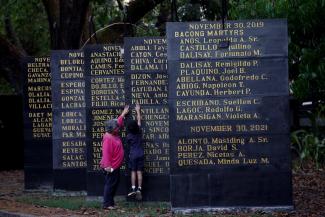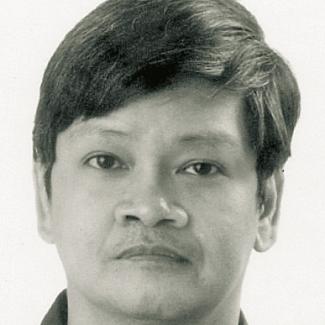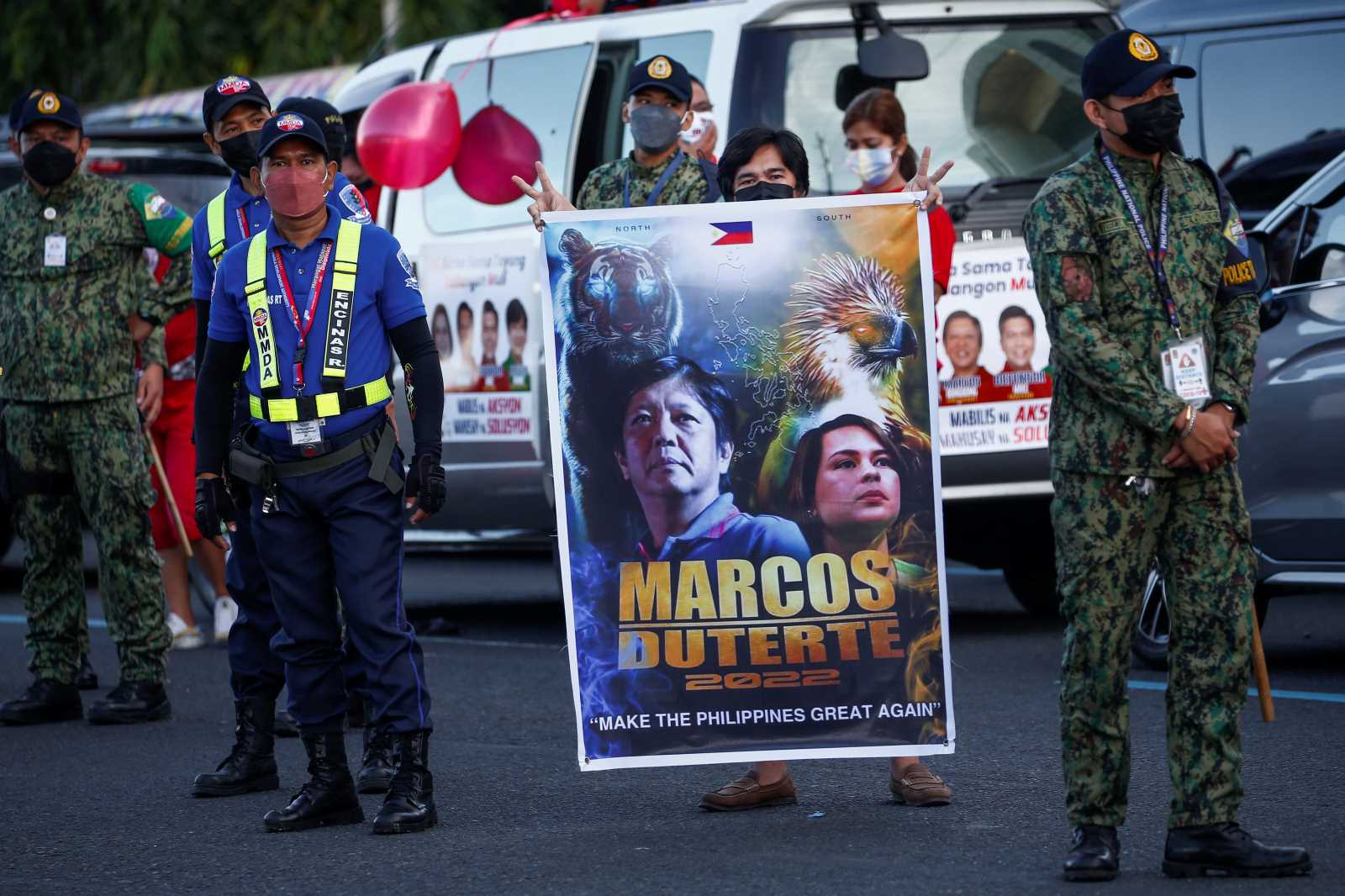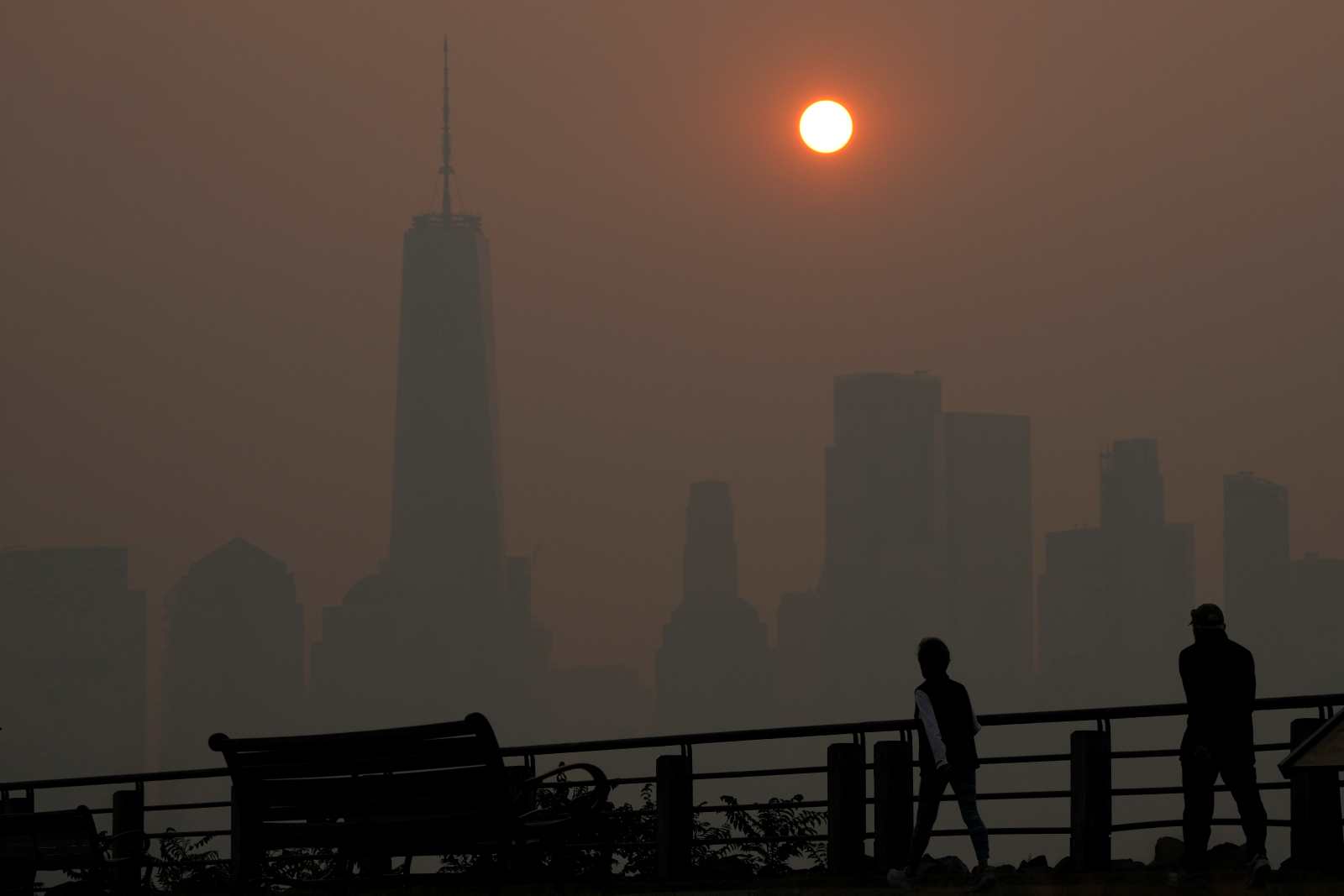Post-truth politics
Depression and anxiety in the Philippines

Marcos Jr. is the son of a former dictator – and he proudly campaigned praising his father’s supposed achievements. In truth, thousands were murdered and tortured on Marcos Sr.’s watch, and his loot amounted to billions of dollars. The new vice president is Sara Duterte-Carpio, the daughter of Marcos Jr.’s immediate predecessor who was known for authoritarian tendencies and a phony war on drugs which claimed at least 12,000 lives. Most victims were poor urban people.
During Duterte’s regime, we were all tense – to some extent we still are – walking along narrow streets, wondering if a motorcycle would suddenly drive with the tandem rider who would shoot us in the head. One colleague from decades ago who served his newspaper as head of research, left journalism and became a government consultant. A few years ago, he and his brother were ambushed and murdered when their car was stopped on a traffic light. Motorcycle gunmen shot them more than 40 times. The case, of course, is unsolved. Last year a radio journalist who criticised political corruption was similarly shot dead while he was driving home. A top government official and government soldiers have been linked to the assassination.
In 2021, after my wife Raissa, a multi-awarded book writer and investigative journalist, posted that Marcos Jr. was a convicted tax evader, a loyalist lawyer filmed himself in a short video that he then posted on social media. In it, he screamed and howled loathsome obscenities at her. For that he was first suspended and then disbarred by the Supreme Court. Nonetheless, he was recently appointed to a high-paying cabinet position by Marcos Jr.
Preening and gloating about it, he told a reporter he was not sorry for the attack, and that my wife was lucky he didn’t have her killed. One could almost imagine the image of Julius Streicher, the hate-mongering Nazi publisher of Hitler Germany.
Murder is all around us, so frequent that people take it for granted. Trolls and disinformation have corrupted public discourse and undermined belief in a free press. Anger and anxiety have become our permanent companions. The blatant criminality and corruption are infuriating, the uncertainty over the future of our country and journalism is worrisome. These feelings are common among many of our colleagues and friends. Their days are marked by sleeping problems, drifting focus, low motivation and heightened anxiety – classic symptoms of depression. One friend told me she was drinking every day for weeks before she managed to control it. Others do not feel like talking much and have increasingly retreated into the privacy of their homes.
We keep finding our dismal expectations being fulfilled. What is unfolding is a replay of what we lived through decades ago. In all possible ways, Marcos, his family, cronies, appointees and flunkies are helping themselves brazenly to the public treasury. They arbitrarily use the law to hound opponents. So far, it is not brutish as the reign of Marcos Sr., but it is criminal from top to bottom.
Our country is turning into an anocracy – a democracy in name only, like a zombie or a human body possessed by some alien parasite. The legislature and judiciary now basically serve to further enrich the elite.
It is galling that, while the original Marcos dictatorship was imposed at gunpoint under martial law, this new variant was voted into power by eager howling populists who reject facts. Similar things are happening in many countries, so I suppose we are basically experiencing the post-truth era. In the Philippines, there is no outrage, no popular resistance, no accountability. How can there be when facts are distorted constantly on conventional as well as social media. This must have been what it was like during the Third Reich, the difference being that propaganda here is now even more omni-present and pervasive.
I read how, when Hitler seemed to be winning World War II in 1942, self-exiled novelist Stefan Zweig and his wife found the future so bleak, they took their lives. I now understand what he must have felt like, though I am not about to take my life. My wife and I have considered moving abroad, but we survived the Marcos dictatorship and think we can probably survive this. On the other hand, I sometimes think of all those Germans who, after Hitler rose to power in 1933, didn’t leave while they could, saying it couldn’t be that bad, and why should they worry?
My mind is historical that way. I also cannot help comparing what is happening in Ukraine to the Spanish Civil War that led up to the Second World War and let the various powers try out their weapons systems. Or seeing China as something like the German Empire in its build-up of a navy and paranoia about being encircled. It is irritating that the US administration, which paints itself as a beacon of freedom and human rights, is wooing our authoritarian, abusive government, considering it to be an important ally in its contest with China. Tensions are rising in the South China Sea. Most people scoff at the likelihood of war, but so did most people before the great wars of the past century.
Add to all this the effects of the pandemic and global heating. We just had a record-breaking hot season with the heat index averaging 42 degrees Celsius for three months. Next, Thyphoon Dokursi displaced some 300,000 people, leaving dozens dead in its wake. In fact, in more ways than one the Philippines faces stormy weather.
Alan Robles is a Manila-based journalist.
euz.editor@dandc.eu










